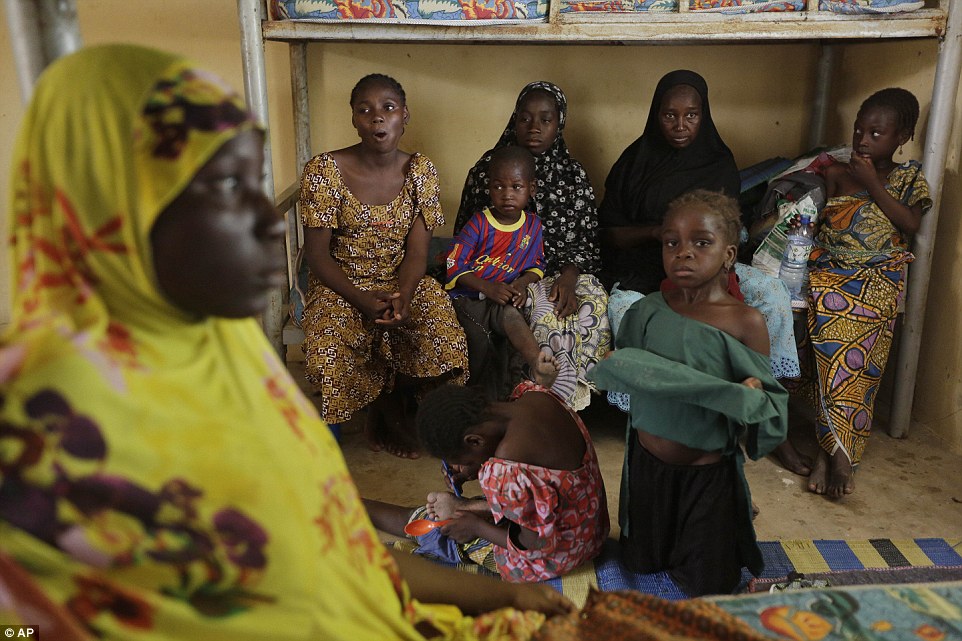Cameroon- Fifteen-year-old girl Aisha Moussa wipes away her tears as she revisits the memory of being forced to wed a terrorist belonging to the notorious African Boko Haram terrorist group based in northeastern Nigeria.
Speaking from her current address, the Cameroon refugee camps, “the man I was forced into marriage with had a heavyset built and was in his early thirties,” said Aisha.
She had arrived to the refugee camp early January after escaping the enslavement of the terrorist group.
“The first time I fought against being forced into sexual conduct, he raised a dagger, threatening to stab me,” Aisha choked out at the memory.
“By and by, as I continued refusing him, he pulled out a gun and pointed it against my head; frightened I caved in,” she said.
Aisha mentioned that the dreadful abuse did not stop at a single incident, but the terrorist would come back each night asking for more, “it was painful and I would cry each time,” she cried.
Human rights organizations have reported that Boko Haram had abducted thousands of women and girls. Moreover, estimations indicate that over 14 thousand people in Nigeria and neighboring countries were killed since 2009.
Boko Haram is infamous for blood thirst and grotesque genocides which the organization commits in the name of establishing statehood.
Despite being the victims of untold brutality, women and girls like Aisha rarely receive solace after they escape. “As I walk to retrieve water, or collect wood, people haunt me down with stares of disgust and avoid me as if I hold some kind of a contagious disease,” said Aisha.
Complaints register that even local police and security forces do not give the likes of Aisha the benefit of doubt, with one official claiming that girls who had been kidnapped and abused could have also underwent brainwash.
Facing an undetermined fate, Aisha fears that her sole relatives, living in the far off Nigerian village, Julak, had been killed by Boko Haram leaving her all alone, “the thought of it kills me slowly,” Aisha sobbed.
